Joachim Ronneberg: Norwegian who thwarted Nazi nuclear plan dies
- Published
Joachim Ronneberg led a vital commando raid
Joachim Ronneberg, the Norwegian resistance fighter who sabotaged Nazi Germany's nuclear weapons ambitions during World War Two, has died aged 99.
In 1943, he led a top-secret raid on a heavily-guarded plant in Norway's southern region of Telemark.
The operation was immortalised in the 1965 Hollywood film Heroes of Telemark, starring Kirk Douglas.
Ronneberg later worked as a radio journalist and helped raise awareness of the dangers of war among the young.
He told the BBC in 2013 that he only realised the importance of the mission after atomic bombs were dropped on Japan's Hiroshima and Nagasaki in 1945.
"He is one of our great heroes," Norway's Prime Minister Erna Solberg told NTB news agency. "Ronneberg is probably the last of the best known resistance fighters to pass away."
Who was the last hero of Telemark?
Born in 1919 in the town of Aalesund, Joachim Ronneberg fled Norway after the Nazis invaded in 1940.
The then 21-year-old escaped with eight friends by boat to Scotland, but was determined to return and fight.
Germany at the time needed so-called heavy water - with an extra atomic particle in its hydrogen nucleus - in its race against the Allies to produce an atomic bomb.
Large amounts of heavy water, or deuterium oxide, at that time was only made at the Norsk Hydro facility in Rjukan, Telemark.
This made the largest hydroelectric plant of its type a target for the resistance. But a small team tasked with destroying it in 1942 failed.
The following year, Ronneberg chose a team of five other commandos in an Allied operation codenamed Gunnerside.
"We were a gang of friends doing a job together," he told the BBC during the 70th anniversary of the mission.
The men parachuted on to a plateau, skied across country, descended into a ravine and crossed an icy river before using the railway line to get into the plant and set their explosives.
"We very often thought that this was a one way trip," he said.

Ronneberg remembered his friends and fellow fighters at a memorial of their operation in London in 2013
After the explosion, the men escaped into neighbouring Sweden by skiing 320km (200 miles) across Telemark - despite being chased by some 3,000 German soldiers.
With a wry smile, Ronneberg described it as "the best skiing weekend I ever had".
The operation, coupled with US air raids the following year, led the Germans to abandon their plans and was later described as the most successful act of sabotage of World War Two.
Ronneberg was reluctant to talk about his experience despite numerous books, documentaries and TV series retelling the story.
He broke his silence in the 1970s, when he began raising awareness of the dangers of war among young people.
"Those growing up today need to understand that we must always be ready to fight for peace and freedom," he said.
- Published21 October 2018
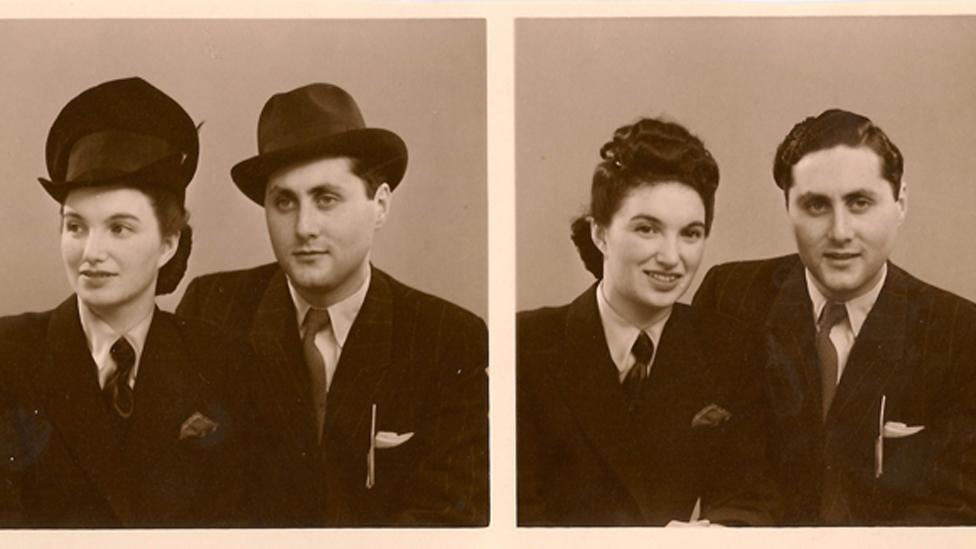
- Published15 September 2018
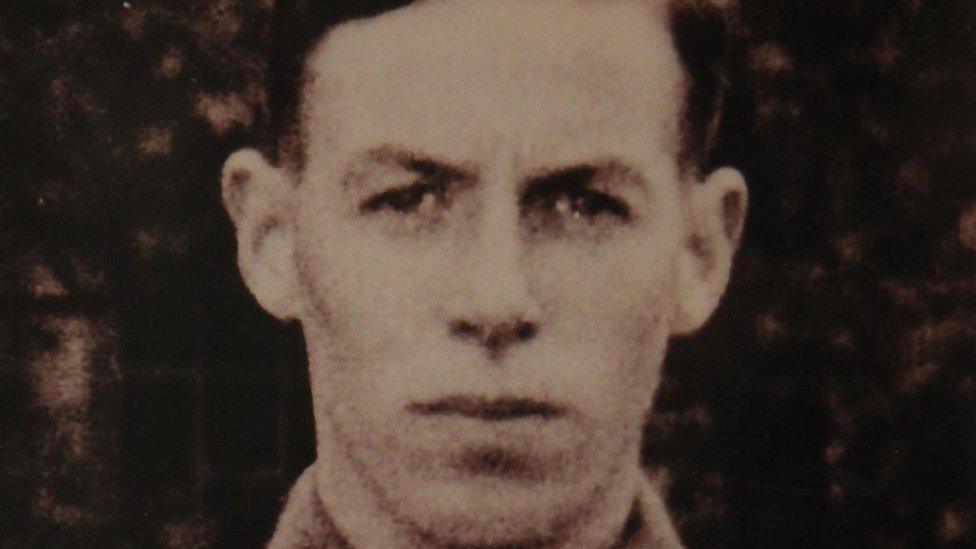
- Published6 August 2018
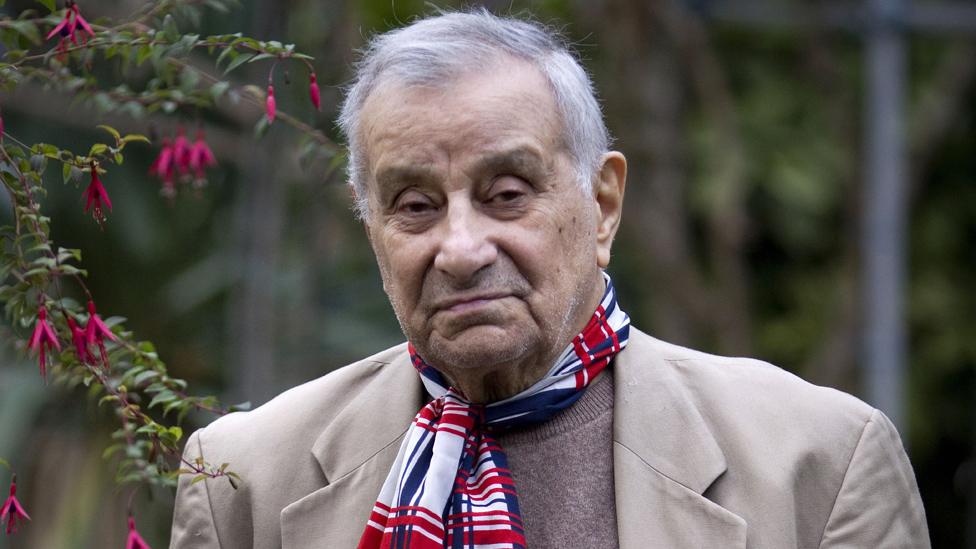
- Published8 July 2018

- Published2 February 2018
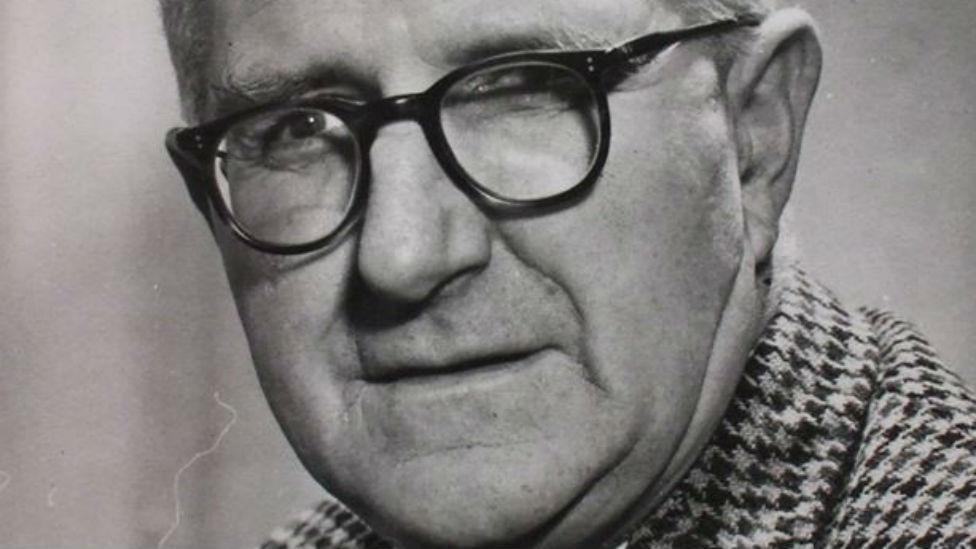
- Published20 November 2016
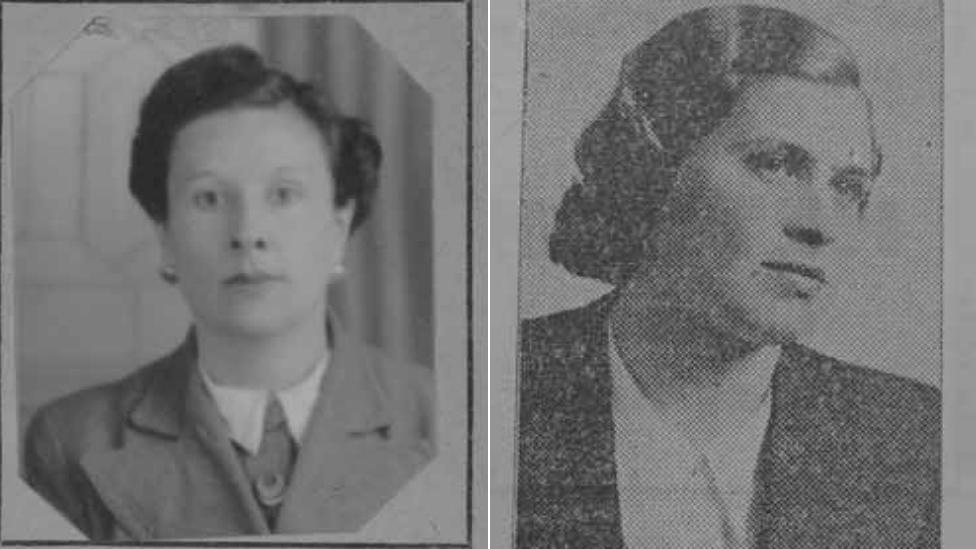
- Published25 April 2013
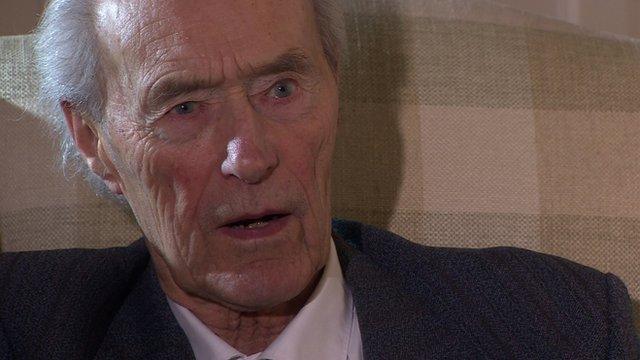
- Published25 April 2013
